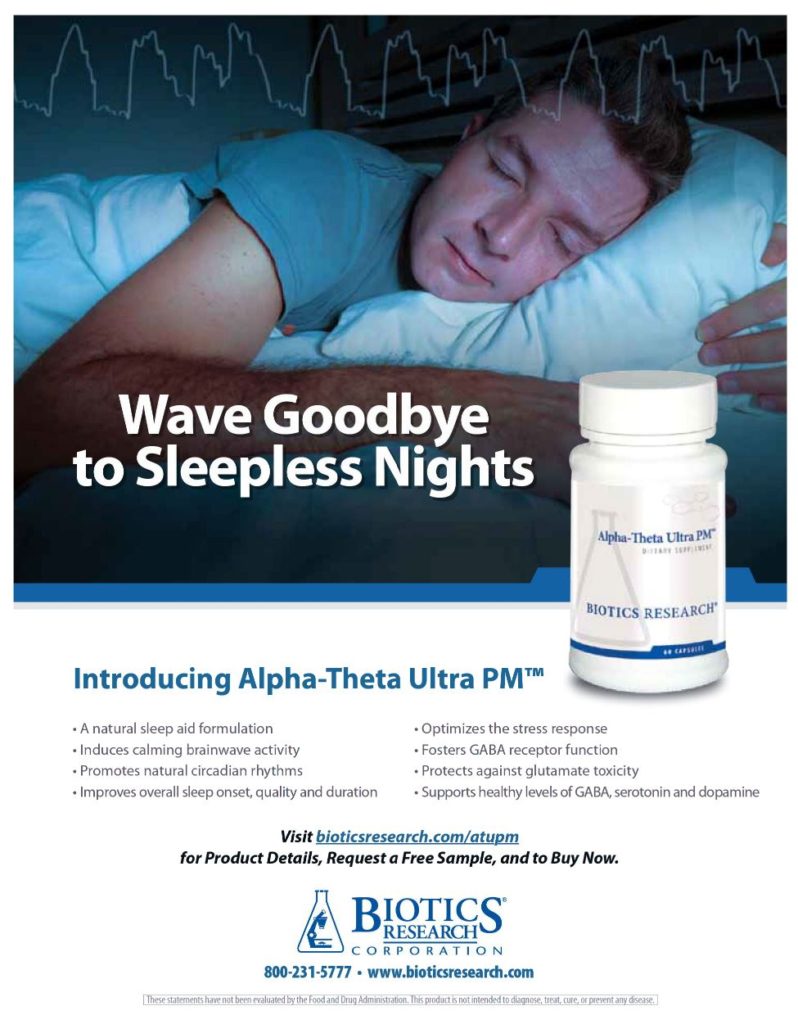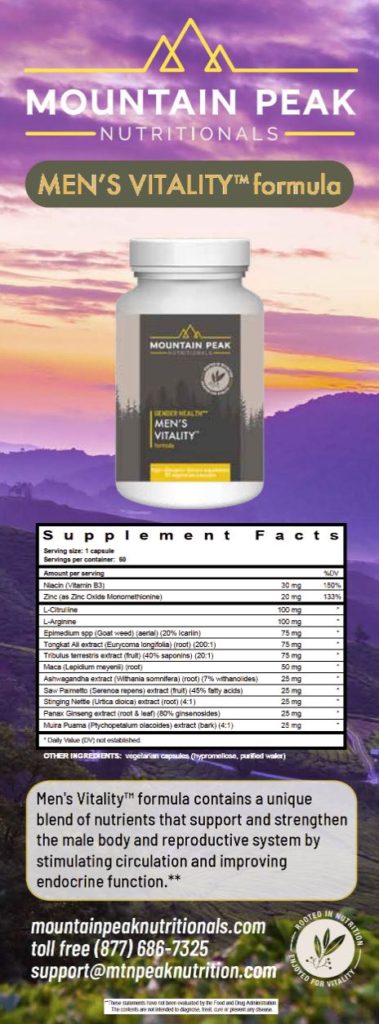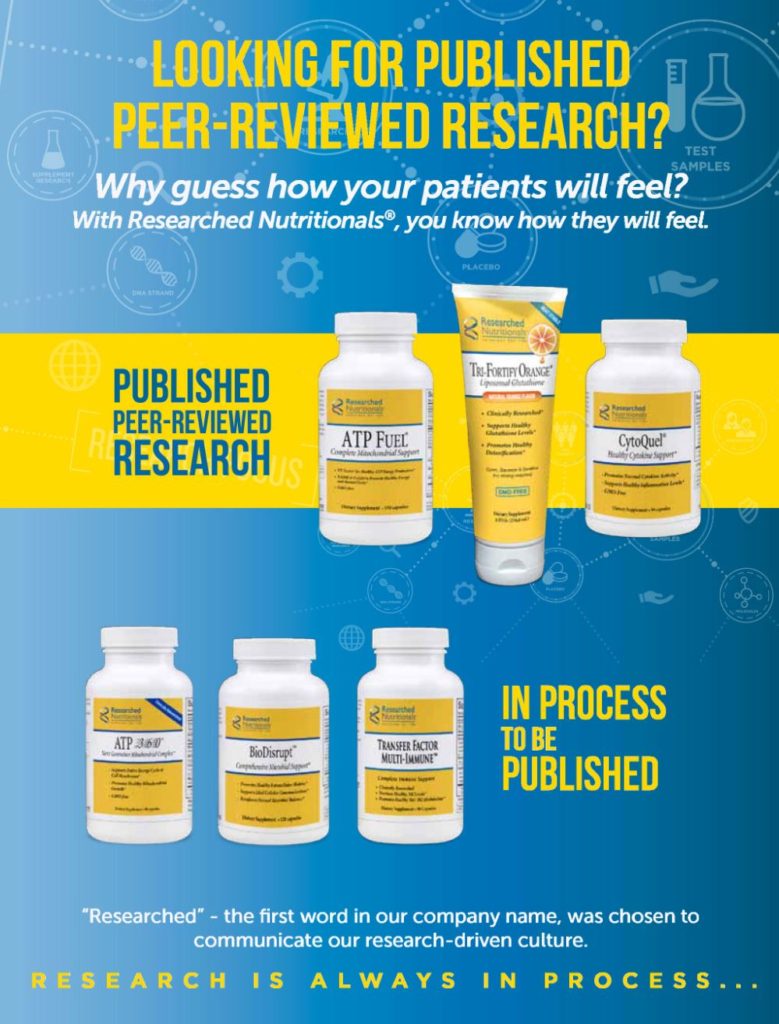
Stop the Thyroid Madness
I don’t know about you but I have become frustrated by the repeated shortages of natural thyroid hormone medication. The company that I have worked with for nearly three decades first ran out of thyroid about six years ago and took nearly three years to restore its regular hormone supplies. In that time period it changed from 30-day packs to 90-day supplies with accompanying quadrupling price increases. However, hormone shortages began shortly thereafter, and currently they are unable to provide any dose thyroid hormone without a reliable date for when it will be available.
The dearth of natural thyroid hormone has been accompanied by a degradation of the quality of the hormone preparations. Jane Bowthorpe writes on the Stop the Thyroid Madness blog (STTM) about “The Sad Saga of Where We Are Today as Hypothyroid Patients” (Sept. 23, 2019). Bowthorpe thinks that all “natural desiccated thyroid (NDT) have gone south/changed from what they used to be.” She reports that Armour Thyroid by Allergan underwent major changes in 2009. Patients who had been using Armour Thyroid saw a relapse of their hypothyroidism without a change in dose. Despite Armour’s subsequent quality-control improvement a similar faulty Armour product was noted by STTM bloggers in 2015. A Canadian brand of desiccated thyroid, ERFA, produced an adulterated product in 2014 causing many well-treated patients to become hypothyroid. Naturethroid by RLC Labs encountered manufacturing difficulties of its hormone for several years prior to 2018 when the newly released product led to relapsed hypothyroidism in many patients, according to an STTM blog. Bowthorpe reports that WP Thyroid by RLC Labs may have caused patient relapses as well. NP Thyroid by Acella Pharmaceuticals “seemed to change horribly in the summer of 2019,” according to Bowthorpe. Not only were there hypothyroidism relapses but patients reported “a slew of other terrible symptoms ranging from nausea, burning in the stomach, allergic reactions, flu-like symptoms, and more.” Her blog also reports that the product “had a highly repulsive taste and rank smell…comparable to cat pee or kitty litter.” When patients complained of the change in effectiveness of the natural thyroid hormone preparations the companies’ response invariably was that “we didn’t change anything.” None of the aforementioned pharmaceutical firms indicated that there would be any changes to restore their products back to their original quality established for decades.
The reason that integrative physicians and naturopathic doctors have prescribed desiccated thyroid hormone products is that they contained a natural blend of T4 and T3. The standard thyroid hormone prescription for hypothyroidism has been synthetic T4 only. Such treatment usually is not nearly as effective as the natural blend of T4 and T3. The reliance of endocrinologists and family practitioners on ordering TSH testing alone is also responsible for misdiagnosing many hypothyroid patients. An optimal level of free T3 (high normal, not mid-range) and free T4 (mid-range) is necessary for successful hypothyroidism treatment. Synthroid alone will rarely achieve such optimization.
Read and share Bowthorpe’s blogged article: https://stopthethyroidmadness.com/2019/09/23/the-sad-saga-of-where-we-are-today-as-hypothyroid-patients/.
Cover Article: Qigong and Yoga – Underappreciated Healing for Serious Illness
For most men, health is frequently taken for granted. In our 20s we participate in extreme sports, exerting ourselves maximally, taking serious risks, and if we are lucky, survive to tell the tale – if not, we take time off to nurse serious injuries, but usually we recover sufficiently to take on the next big challenge. Our mantra is “pedal to the metal” and “sheets to the wind,” and we ignore worries that we may fall to our death. In our 30s the body begins to show some lowered resilience, and we encounter minor injuries and mishaps that are not life-threatening but definitely hurt. There’s a definite letting-up on the accelerator, and we do keep a watchful eye for some potential miscalculation that may end up in injury. We also begin to slow down on those pitchers of beer (street drugs) and don’t try to ignore bronchitis while jogging at 5 a.m. In our 40s and 50s there is no doubt that the body will not suffer injury in silence; and when we are sick, we may not see the doctor, but we do stay home hopefully getting some TLC and not from a whiskey bottle. But we are aware that the aging process is upon us; and we do look at a better lifestyle, working out at the gym, tending not just to the job but the family too, enjoying those weekend naps, and using some herbal and nutrient support. But by our 60s the aging process definitely has made its presence well known. If we’re lucky, it’s just some aches and pains; if we’re not so lucky, there’s one or more medical conditions we are nursing with one or more medications. The trouble is that medication only takes us so far; there’s no cure, and too often there are some side effects, sometimes nasty side effects. What is one to do?
Roger Jahnke, OMD, and Nancy Faass, MSW, MPH, examine in this issue the “Physiology of Qigong and Yoga.” Jahnke is a clinician in Traditional Chinese Medicine and is recognized as an expert in qigong. He has been studying Chinese medicine since the 1980s, travelling frequently to China as a lecturer and examiner of their health-care system. Jahnke would argue that integrating qigong and yoga practice in our daily lives would go far to prevent health deterioration. Even more, their implementation would augment the effect of pharmaceuticals in arresting disease and reversing physical impairment. Some would argue that qigong and yoga are not part of the Western lifestyle – if they were so important why didn’t we get introduced to them by our grandparents? Jahnke would agree that these techniques were not part of healing methods handed down by our European ancestors. Medicine’s “scientific approach” bases its healing on a military model where the germ needs to be killed, the cancer removed, and the degeneration arrested. The idea that a mindful form of exercise and meditation can rebalance the sympathethic/parasympathetic nervous system functioning is a difficult concept for men to swallow. Watching men pound themselves on the football field is much more enjoyable than disciplining ourselves to move mindfully or breathe with intention. Qigong and yoga might be the perfect medicine to incorporate in our daily lives not only to stave off the aging process but also to enhance the effectiveness of medical treatment.
Is Male Sexual Dysfunction an Issue of Low Testosterone?
Low testosterone and its treatment have become a cottage industry in the medical profession. Some clinics have established one-year prepaid programs, including monthly hormone testing and complete hormone treatment protocols. Undoubtedly supplementation of reduced hormone levels to optimized levels, particularly low testosterone, will revitalize one’s health. Along with improved energetic functioning, cognitive ability, and muscular tone, sexual functioning will undoubtedly be enhanced. But enhanced enough that Viagra® or Cialis® would not be necessary? That is not so clear; some studies have shown that testosterone replacement is insufficient to improve depressed sexual performance and libido. Hence the marketplace is replete with a cornucopia of nostrums all touted to enhance erection and staying power. Might there be anything in our nutritional toolbox that may offer some succor for those suffering with E.D.?

In fact, there is. Jeremy Mikolai, ND, a naturopathic physician who has devoted much of his academic and clinical activities to cardiovascular medicine, writes in this issue about the amino acid, carnitine’s role in assuaging sexual dysfunction. We do get abundant carnitine if we are not vegan and are eating meat, foul, and fish. Carnitine is an important biochemical transporter of fatty acids into mitochondria and is critical for fat utilization and metabolism. Less well understood is carnitine’s role in improving cardiovascular functioning, particularly in peripheral vascular disease, heart failure, and penile erection. Carnitine needs to be transformed into derivatives, proprionyl-l-carnitine (PLC) and acetyl-l-carnitine (ALC), to exert its maximal effect on restoring full vascular flow. Studies and clinical cases demonstrate marked improvement in a not uncommon disorder in men, Peyronie’s disease, when PLC and ALC are prescribed. Except for difficulties with gastrointestinal distress, a frequent issue with vitamin supplements, carnitine is harmless. Why shouldn’t it be a keystone in all protocols addressing male sexual dysfunction?
Pomegranates: The Wonder Fruit for Cholesterol, Hormones, and Cancer
Dr. D. Lindsey Berkson has made a career of understanding hormone functioning and nutrition. Her work has been recognized in collegiate and medical colloquiums where she has frequently presented. Dr. Berkson has written often for the Townsend Letter; in this issue she discusses a topic of personal interest – how daily pomegranate consumption is a mainstay for health and for preventing and reversing illness. How can a fruit, admittedly a complex fruit, exert powerful anti-cholesterol, anti-diabetic, anti-carcinogenic, and anti-inflammatory effects? Shouldn’t that be the purpose of a drug agent? Berkson cites how pomegranate promotes kidney health, bone health, brain protection, and immune support. When she was seen by her Integrative-medicine cardiologist, he suggested a prescription of daily pomegranate.
Seriously. A genetic error with APOCIII is mitigated with pomegranate. So is an elevated LDL. So is oxidized cholesterol. From a physiological basis, pomegranate reduces the size of plaque! It lowers blood pressure, decreases blood clotting, increases nitric oxide, mitigates angina pain. Think about the cardiovascular patients coming in with a tub of cardiac drugs. Could pomegranate consumption enable stopping the daily prescriptions? That would be a major boon for those men (and women) who have had a heart attack or stroke and are shackled to a handful of pills. But pomegranates do more. For those men who have prostate cancer (and for those women who have breast cancer), pomegranate inhibits stem cell metastasis by modifying tumor signaling pathways and interfering with stem cell migration. One other boon from consuming pomegranate is improvement in kidney health; this could be a big benefit for those patients on dialysis.
But the benefit only comes to those who are willing to eat pomegranate daily. Drinking the juice is okay but eating the seeds, arils, (one-quarter to one-half cup daily) is even better.
Jonathan Collin, MD
Publisher







